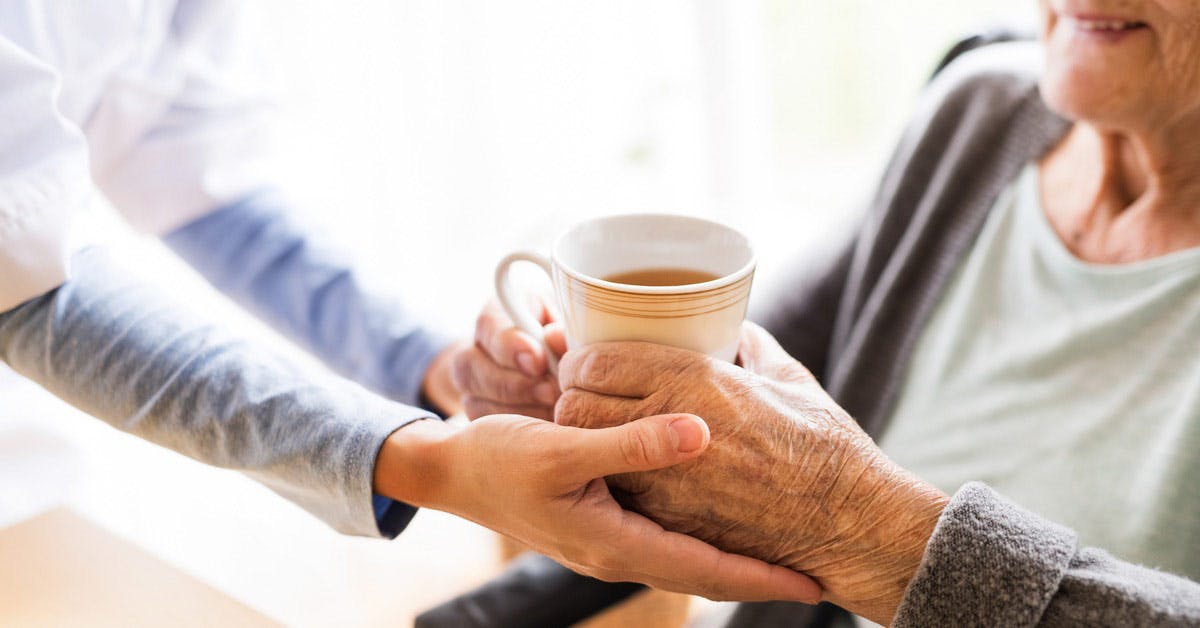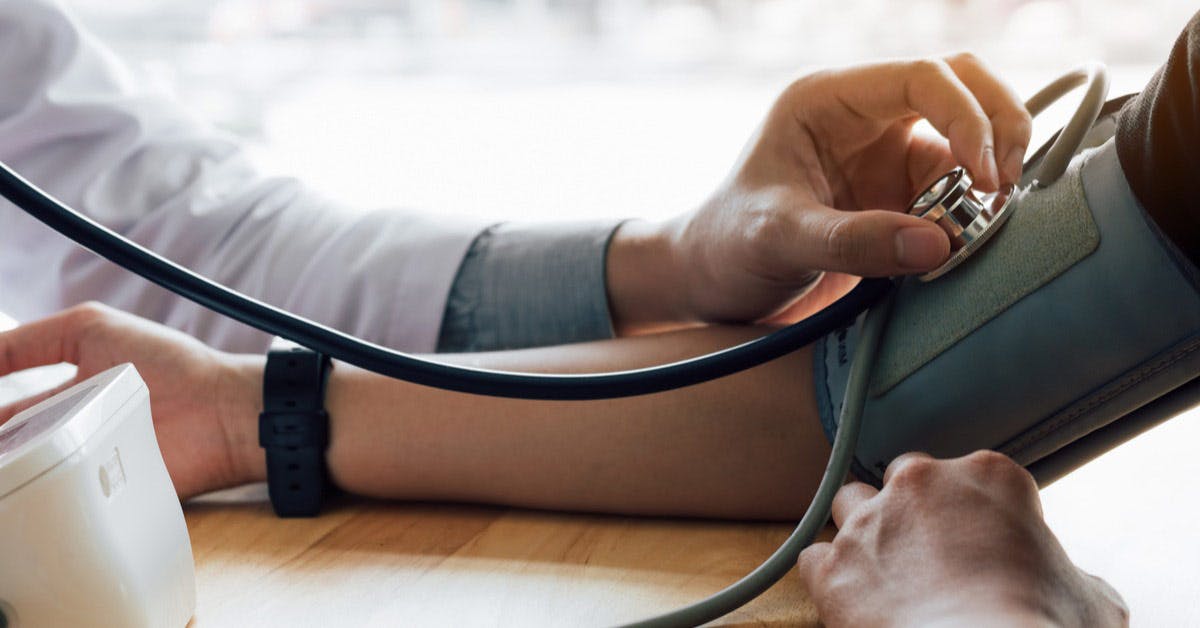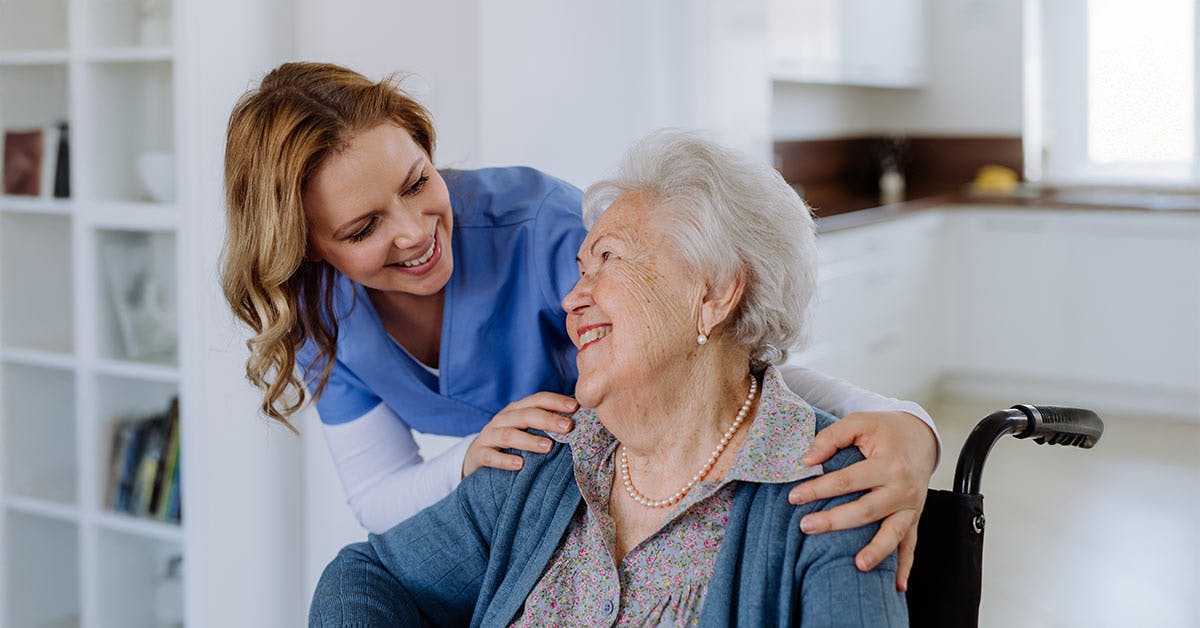05 Dec 2022
Allied Health Industry Future Outlook
From nutrition and dietetics to physiotherapy and medical imaging, a wide range of professions make up the allied health sector in Australia. The industry is growing rapidly, offering increased job opportunities to graduates of allied health courses.
If you’re considering a career in this area, learn how allied health jobs are evolving and the potential impact any changes could have on your employment prospects.

How is Allied Health Changing?
Demographic Changes
Aged care has become a top priority in allied health due to Australia’s ageing population. The Australian Institute of Health and Welfare predicts that by 2047, the number of people aged over 65 in Australia will reach 3.3 million. As more people grow older, the aged care workforce will face increased pressure to keep up.
Due to this shift in demographics, there’s expected to be a sharp rise in the following aged care services:
Preventative care – Preventing instances of chronic illnesses and injuries
Rehabilitative care – Helping people regain function following a serious injury or illness
Independent living – Supporting people to remain in their home
Respite care – Providing short-term care.
Aged care workers with expertise in these areas will be among the most in-demand professionals in allied health in Australia.

Chronic Disease
Increased rates of chronic disease are changing the face of allied health. Some of the most common chronic illnesses include diabetes, cardiovascular disease, cancer, and mental illness. As the top contributors to poor health and death in Australia, the prevention and management of these conditions is a high priority for allied health workers.
The often complex causes of chronic diseases mean allied health workers across a wide range of specialisations have a part to play. Whether it’s a nutritionist educating people on how to eat healthily, or a psychologist offering mental health interventions, all allied health workers can contribute to the fight against chronic diseases.

Skills Shortage
Some areas of allied health are facing a critical shortage of skilled workers. The Department of Education, Skills and Employment’s Labour Market Research report from 2017 – 2018 found that the proportion of healthcare vacancies filled was at its lowest level since the 2009 – 2010 period and that the average number of suitable applicants per vacancy was at a similarly low level. Skilled sonographers, radiographers and optometrists were identified as being particularly hard to find.
Despite the challenges associated with this skills shortage, it also presents opportunities to aspiring allied health professionals. With so many vacancies to be filled, qualified workers will enjoy excellent job security.
Wearable Health
Anything we can strap on and stay tuned into our state of health has to be a good thing, especially if it keeps us up to speed with a potentially dangerous condition. So it’s no wonder today’s technology researchers are working hard to develop the next big thing in wearable devices.
What’s here and on its way? Well, a range of wearable, sensor-based accessories is designed to help us stay active and healthy, sleep better, eat better and exercise better among many other things.
These devices take the form of watches, glasses, chest straps and footwear. They measure everything from heart rates and blood pressure to blood sugar levels. Be it a smart fork that helps you eat more slowly, a germ-eliminating travel wand, a portable gluten tester or a wireless blood pressure monitor, technologically advanced health gadgets are helping everyone stay fit and stick to healthier habits.
While many wearable devices are still deemed to be gadgets and health industry applications are still a work in progress, wearable technology looks set to accessorise health maintenance rather attractively in the near future.
Increased Access to Medical Records
This is a big one. New technology will give patients 24-hour access to their medical records, appointments, data, and billings. They will also have access to what’s called Artificial Intelligence; patients can access the right doctors, hospitals, and treatments for their illnesses or injuries.
More healthy progress is coming in the form of health-based social networking apps that provide patients with a wealth of medical advice, information and support any time they need it.
With electronic health records, any medical provider can access up-to-date details on a patient’s history, treatment, and medications. Not like in the pre-internet days when there were often pieces of the puzzle missing, this thorough record will help to ensure the right course of action based on a complete picture.

Allied Health Jobs
There is a broad range of jobs that may fall into the Allied Health definition. It’s a large field, with a number of critical healthcare roles included within it.
Some of the major allied health professions include:
Case Worker
A case worker can perform a wide variety of tasks, depending on the specificities of their role and the particular healthcare sector that they are involved in. Case workers may work with elderly patients, children, mental health patients or even those recovering from physical trauma.
Pharmacist
Pharmacists are a highly important part of the full delivery of healthcare services. Their role involves checking and delivering prescriptions based on the recommendations of other medical professionals, such as doctors.
Social Worker
Social workers often work closely with case workers, and their roles can sometimes be interchangeable. A social worker often works with socially or economically disadvantaged people, such as children in unstable homes, homeless people and patients with a mental illness.
Exercise Physiologist
An exercise physiologist is responsible for assessing, designing and delivering safe exercise programs to prevent medical and other conditions and assist patients to manage existing conditions.

Nutritionist
A nutritionist works with individuals and groups to promote healthy food choices, from elite athletes to those attempting to make lifestyle changes. Nutritionists need a solid understanding of the basics of nutrition and how to advise clients on what, when and how to eat to ensure they maintain a balanced dietary intake.
Speech Pathologist
Speech pathologists usually work with children but may also work with adults on occasion, especially after trauma that affects the vocal cords, mouth or brain. Speech pathologists play an important role in helping people make the transition into living a normal life with strong communication skills.
Optometrist
Optometrists keep your eyes in working order. An optometrist needs to be thoroughly qualified in order to deliver their services effectively and ensure that your eyes get the care and help they need in order to function at full capacity.
Dietitian
A dietitian provides medical nutrition therapy to a range of client groups through private practice, inpatient, outpatient and community programs.

How You Can Get Started in Allied Health
There are a number of entry pathways to begin your career in an allied health profession. Depending on which area you want to work in and what you ultimately want to achieve, there are a few options for you to enter your first role.
HLT33015 Certificate III in Allied Health Assistance
The Certificate III in Allied Health Assistance is a great starting point in gaining a solid understanding of how to assist with allied health programming, interpret medical terminology and comply with the ever-important infection prevention and control policies.
HLT43015 Certificate IV in Allied Health Assistance
The Certificate IV in Allied Health Assistance will give you a greater understanding and job-ready skills to support allied health professionals to improve the wellbeing of patients in a wide variety of allied health areas, such as Occupational Therapy, Physiotherapy and Nutrition & Dietetics.
Ready to step into a career in Allied Health? Get in touch with us today. We’ll chat about your options and help you develop a career plan that will get you where you want to be.
Related Articles

Allied Health Assistant skills employers need
Discover the allied health assistant skills physio and OT teams rely on and how nationally recognised study can launch your healthcare career.

Considering an Allied Health Career? Here’s How to Get Started as an Assistant
Wondering if allied health is the right career path? Find out what it involves and how to become an assistant in this growing healthcare field.

Proud member of

© Foundation Education | RTO Number 22557
